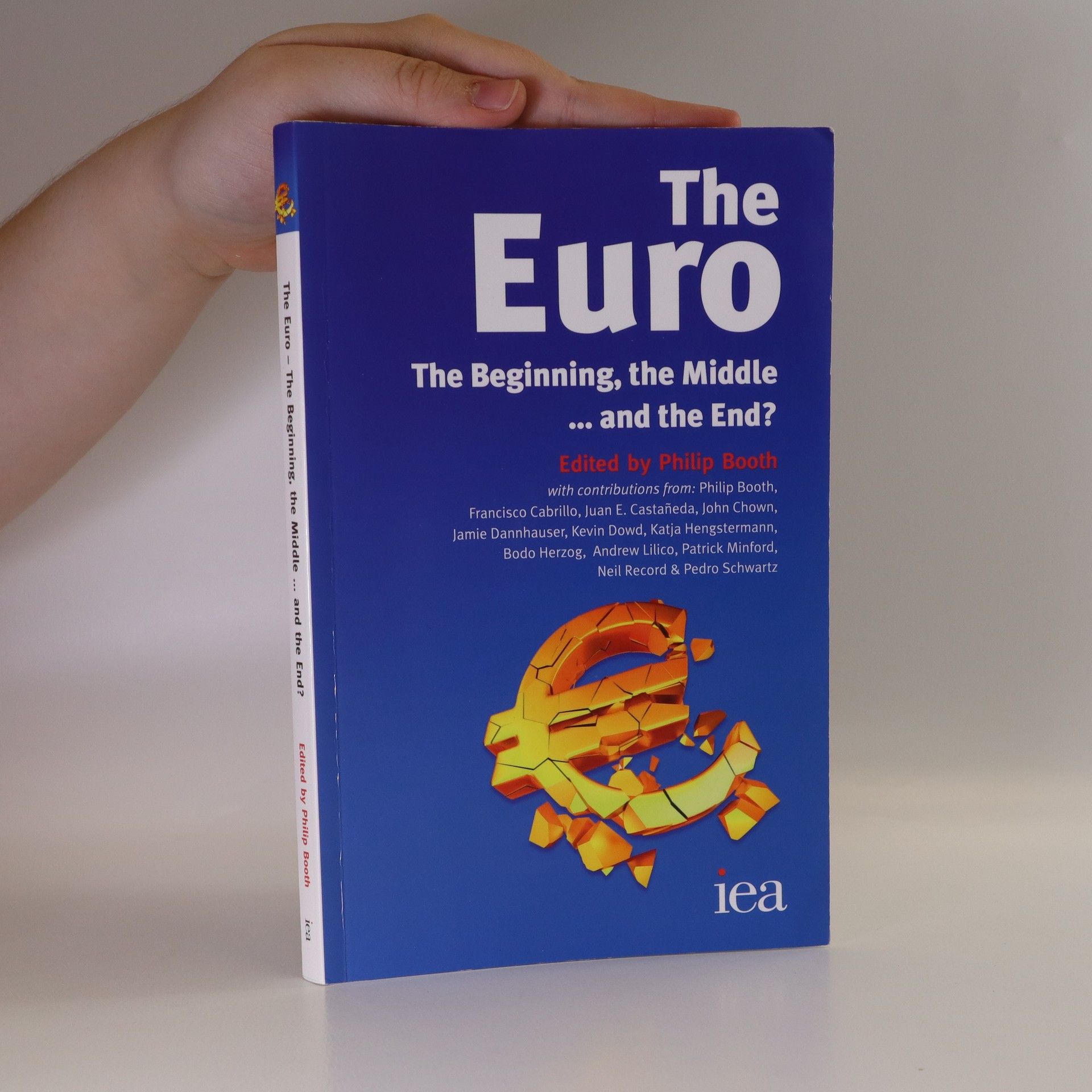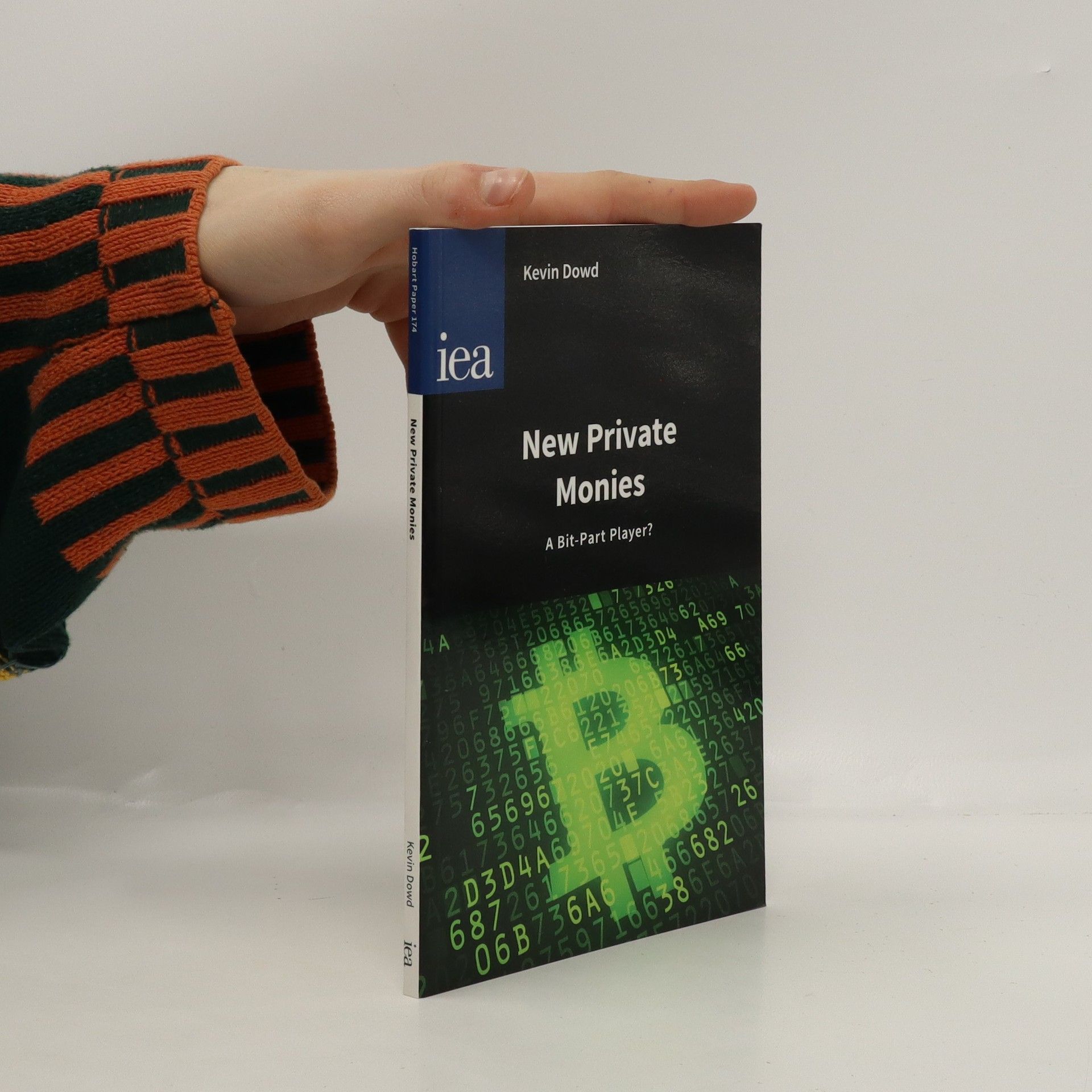New forms of private money regularly hit the newspaper headlines, however, there is relatively little discussion of whether such innovations will last the pace and perform effectively the functions that we expect of money. This monograph, by one of the leading scholars in the field of private money and free banking, examines new innovations such as Bitcoin, the Liberty Dollar and e-gold. Noting that competition in this field is welcome given the lamentable history of state money, which has seen its purchasing power shrink greatly over the years, this book also concludes that new monies face many challenges. Some of those challenges relate to the nature of the private monies themselves while other challenges come from law enforcement agencies that are determined to prevent competition with state money. Outlining the regulatory and legal changes that will be necessary if beneficial innovation is to thrive, the work also discusses how developments in private money are part of a more general movement among people who wish to reduce the role of the state in their lives.
Kevin Dowd Bücher
Kevin Dowd ist ein Ökonom, dessen Forschung sich mit den Feinheiten von Privatgeld, freiem Bankwesen sowie Geld- und makroökonomischer Theorie befasst. Seine Arbeit befasst sich mit Finanzrisiken, deren Messung und Management sowie den Auswirkungen von Risikodateien. Dowd untersucht auch politische Ökonomie, Politik analysen sowie Aspekte von Pensions- und Mortalitätsmodellen.




The Experience of Free Banking
- 436 Seiten
- 16 Lesestunden
The revised second edition explores the historical and contemporary landscape of free banking, expanding its focus to include Belgium, Italy, and China. With contributions from esteemed economists, it offers an innovative guide that serves as a crucial resource for researchers interested in the impact and future possibilities of free banking systems.
In this large full colour coffee table size hard cover book, Kevin O'Dowd shares, for the first time, a collection of his poetry.
The Euro. The beginning, the middle ... and the end?
- 209 Seiten
- 8 Lesestunden
Examining the debate from when the euro was first introduced to the sources of its current problems, this book proposes radical solutions to resolve the long-running crisis of the European Monetary Union. Initially, free-market economists were generally supportive of the euro, believing it would reduce the tendency towards inflation and encourage economic reform. However, in this current analysis, the authors--a group of leading monetary economists--make it perfectly clear that if the members of the eurozone are to prosper in the long term, the status quo cannot continue. These nine essays explore topics that include the UK's decision not to join, the fate of past monetary unions, why the euro is failing, practical exit strategies, and a possible free-banking solution for the eurozone, among many more.